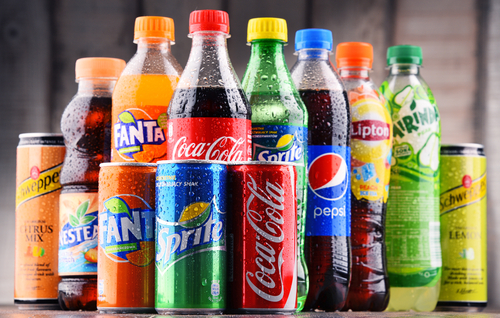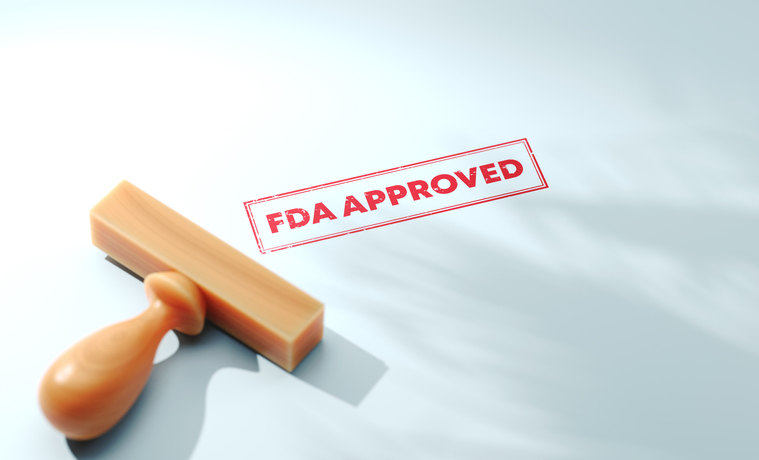
Adults who drink 2 liters (about 67 ounces) or more of sugary or artificially sweetened drinks per week have a higher risk of atrial fibrillation (AFib), according to a new study published today in Circulation: Arrhythmia and Electrophysiology.
Researchers assessed approximately 201,856 adults (aged 37 to 73 years; 45% men) enrolled in the UK Biobank between 2006 and 2010. Blood samples from the population of interest were used to measure genetic risk for AFib. The participants were followed over an average of almost 10 years.
The study showed the following:
- Compared with people who did not consume any sweetened drinks, those who drank more than 2 liters per week had a 20% increased risk of AFib and those who reported drinking 2 liters per week or more of sugar-sweetened beverages had a 10% increased risk.
- People who said they drank 1 liter or less of pure fruit juice each week had an 8% lower risk of AFib.
- Those who consumed more artificially sweetened beverages were more likely to be female, younger, and have a higher body mass index (BMI) and a higher prevalence of type 2 diabetes.
- Participants who consumed more sugar-sweetened beverages were more likely to be male, younger, and have a higher BMI, higher prevalence of heart disease, and lower socioeconomic status.
- Those who drank sugar-sweetened beverages and pure fruit juice were more likely to have a higher intake of total sugar than those who drank artificially sweetened drinks.
Smoking may have also affected risk. Smokers who drank more than 2 liters of sugar-sweetened beverages per week had a 31% higher risk of AFib, whereas no significant increased risk was noted for former smokers or people who never smoked.
“Our study’s findings cannot definitively conclude that one beverage poses more health risk than another due to the complexity of our diets and because some people may drink more than one type of beverage,” said lead study author Ningjian Wang, MD, PhD, a researcher at the Shanghai Ninth People’s Hospital and Shanghai Jiao Tong University School of Medicine in China, via a press release. “However, based on these findings, we recommend that people reduce or even avoid artificially sweetened and sugar-sweetened beverages whenever possible. Do not take it for granted that drinking low-sugar and low-calorie artificially sweetened beverages is healthy. It may pose potential health risks.”







 © 2025 Mashup Media, LLC, a Formedics Property. All Rights Reserved.
© 2025 Mashup Media, LLC, a Formedics Property. All Rights Reserved.